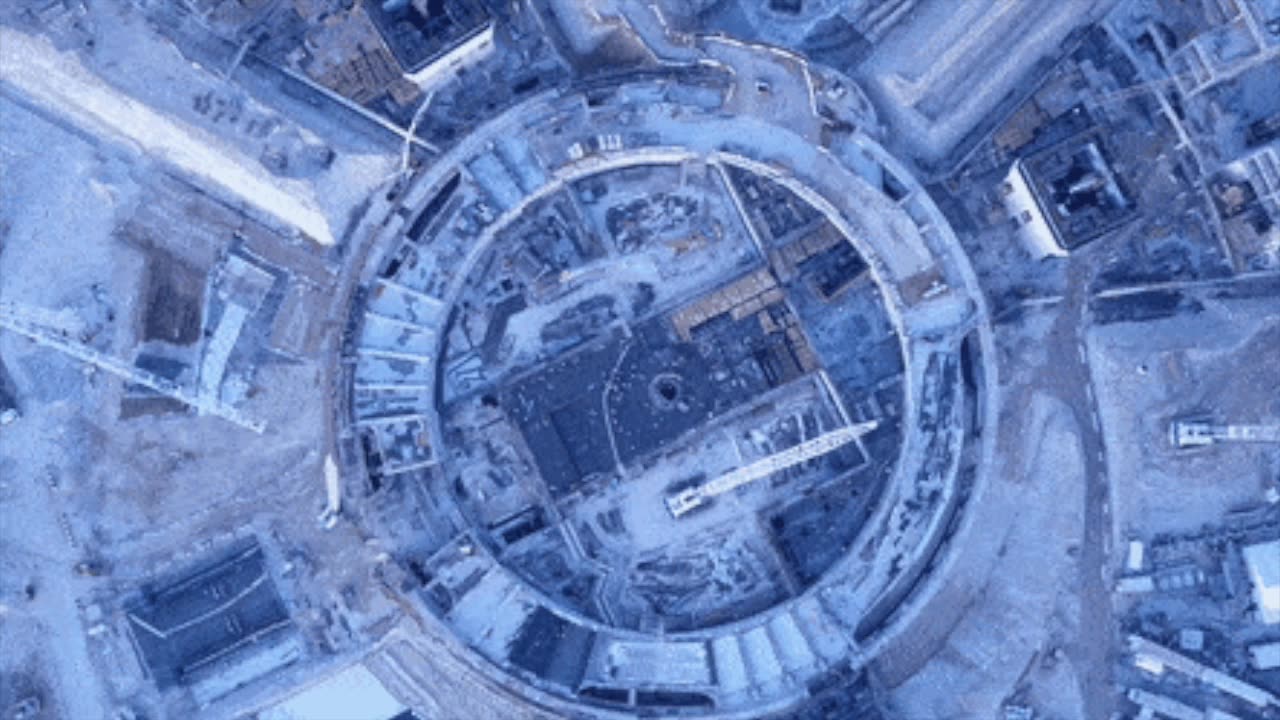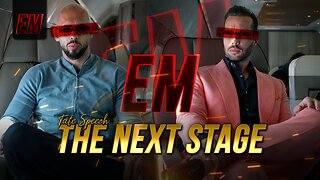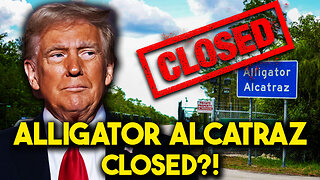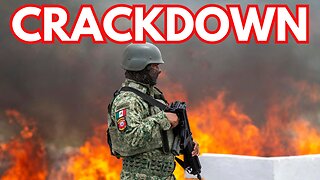Premium Only Content

The Line vs. The Circle: Saudi Arabia's Epic Urban Experiment, Future Community Standard of Living?
The Kingdom of Saudi Arabia set hearts racing with the announcement of their grand plan to construct a colossal desert city known as "The Line." But as we'll discover, the math behind it might just turn this straight-line city into something more akin to "The Circle"!
Imagine this: The Line, an astounding 110-mile stretch from the Red City to Tabuk, designed for an estimated 9 million future residents, and here's the twist – no cars allowed! Instead, a high-speed rail system is set to whisk residents from one end to the other in a mere 20 minutes. It's like a scene out of a sci-fi blockbuster, isn't it?
However, not everyone is on board with this concept. Researchers from the Complexity Science Hub in Vienna, Austria, crunched the numbers and uncovered an inconvenient truth. If you were to randomly pick two residents of The Line, they'd be an average of 57 kilometers (35 miles) apart! That's quite the distance for neighbors, don't you agree?
To put it in perspective, if you did the same random selection in sprawling Johannesburg, those two individuals would only be 33 kilometers (20 miles) apart, despite Johannesburg's much larger size. It's like trying to connect dots on opposite sides of a colossal canvas!
But hold on, the researchers aren't just skeptics; they propose an intriguing alternative – The Circle. Instead of the linear design, they suggest reconfiguring the same buildings into a circular layout. It sounds straightforward, but this adjustment would result in a city with a diameter of just four miles, cramming 9 million residents into a space no larger than Pisa, Italy!
Visualize it: Residents could easily walk to nearly 25 percent of the city, and with just an additional mile, they'd be within 66 percent of it. Plus, the average distance between two random residents would be approximately 1.8 miles – now that's what we call neighborly!
Saudi Arabia,The Line,The Circle,Urban Planning,Complexity Science,City Design,Saudi City, Future Cities,High-Speed Rail,Urban Experiment,Circular City,City Development,Math in Urban Planning,Innovative Cities
-
 LIVE
LIVE
Matt Kohrs
42 minutes agoMarket Open: NEW HIGHS INCOMING 🚀 🚀 🚀 || Live From Toronto
624 watching -
 LIVE
LIVE
Wendy Bell Radio
4 hours agoThe Hunters Are Now The Hunted
5,090 watching -
 DVR
DVR
Tate Speech by Andrew Tate
1 hour agoEMERGENCY MEETING EPISODE 113 - THE NEXT STAGE
9.95K16 -
 1:19:40
1:19:40
JULIE GREEN MINISTRIES
2 hours agoTHE GREAT FALL OF THE BANKING SYSTEM AGAINST THIS NATION
32.1K118 -
 LIVE
LIVE
LFA TV
14 hours agoLFA TV ALL DAY STREAM - MONDAY 8/11/25
6,830 watching -
 LIVE
LIVE
Chicks On The Right
3 hours agoMTG fighting w/Levin, Pritzker humiliated by Welker, Mamdani squeals like a girl, and psychotic libs
1,759 watching -
 LIVE
LIVE
The Bubba Army
2 days agoAlligator Alcatraz Closed?! - Bubba the Love Sponge® Show | 8/11/25
4,055 watching -
 29:03
29:03
DeVory Darkins
15 hours ago $6.40 earnedDemocrat Governors painfully HUMILIATED Trump drops BRUTAL WARNING for DC officials
7.03K54 -
 14:44
14:44
Preston Stewart
18 hours ago $1.15 earnedTrump's Cartel Crackdown
5.08K6 -
 1:05:58
1:05:58
Sarah Westall
15 hours agoForces Creating Massive Instability Worldwide: US, Ukraine, China, Israel, Colonel Douglas Macgregor
15.3K33